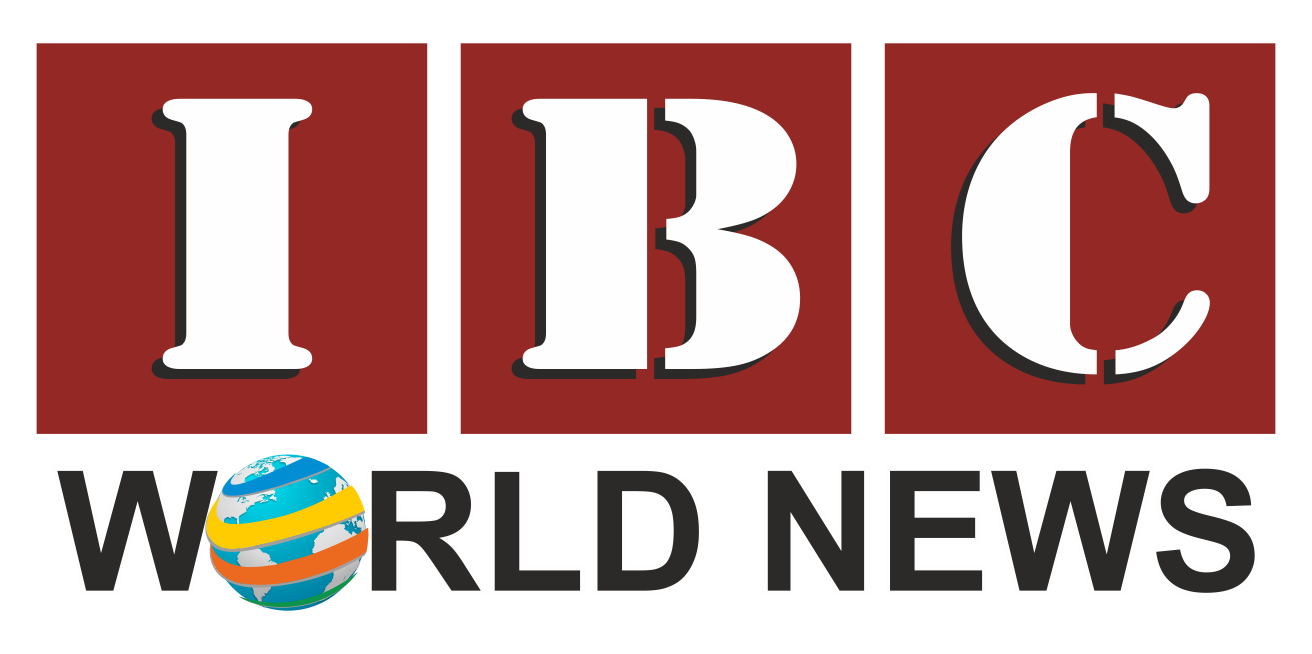Bengaluru: The Centre of Excellence in Astronomy and Astrophysics (CEAA), in association with the Department of Physics and Electronics at CHRIST (Deemed to be University), will organize a workshop on JWST–UVIT synergies in astronomy from October 20 to 31 as part of their upcoming Committee on Space Research (COSPAR) Capacity Building Programme.
This is the first time that a private university in the country is hosting a COSPAR-associated meeting, underscoring CHRIST University’s growing prominence in the global space science community.
The workshop will bring together leading astronomers worldwide to explore the complementary capabilities of NASA’s JWST and India’s state-of-the-art Ultraviolet Imaging Telescope (UVIT) onboard AstroSat, fostering international collaboration and capacity-building in multi-wavelength studies of galaxy evolution, star formation, and the interstellar medium
The programme will feature keynote lectures, hands-on tutorials, and interactive sessions led by an eminent panel of speakers, including Prof Carlos Gabriel and Dr Isabel Rebollido (ESA, Spain), Prof Annapurni Subramaniam, Prof CS Stalin and Dr. Smitha Subramanian (IIA, Bengaluru), Dr. Themiya Nanayakkara (Swinburne University, Australia), Dr Javier Álvarez-Márquez (Centro de Astrobiología, Spain), Dr Stacey Alberts (University of Arizona, USA), Dr Nimisha Kumari (STScI, USA) and Dr Sreeja S. Kartha (CHRIST University, Bengaluru).
According to Dr Sreeja S Kartha, associate professor and coordinator of the workshop, this event will mark a milestone for CHRIST University and for private higher education sector in India.
“By linking UVIT’s unique ultraviolet capabilities with JWST’s cutting-edge infrared observations, we aim to foster collaborative research that will advance our understanding of the cosmic universe. We are deeply grateful to Professor Carlos Gabriel from ESA and our colleagues from the Indian Institute of Astrophysics for their support in realising this initiative,” she said.
This initiative highlights CHRIST University’s commitment to scientific excellence and international collaboration, and underscores India’s growing leadership in space-based astrophysics through integration of AstroSat with global observatories like JWST, said she added.
From over 200 applications, 40 participants from Iran, Kazakhstan, Bangladesh, and leading Indian institutions have been selected for the two-week programme. The workshop combines lectures, tutorials, and project-based sessions focused on the joint scientific potential of JWST and UVIT.



